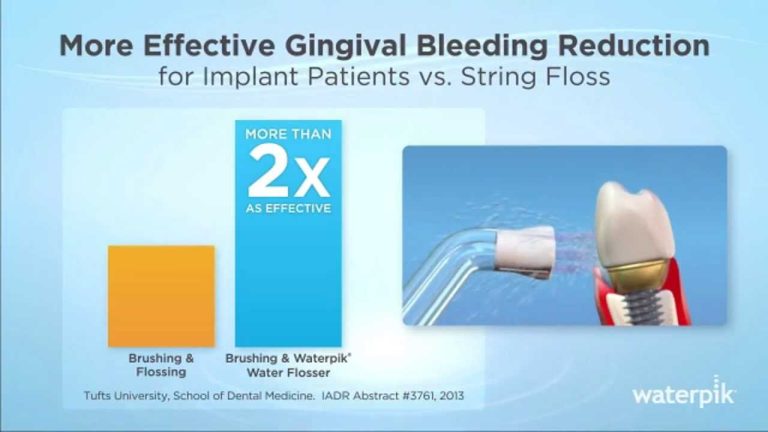Last Updated on 3 weeks by DR. ALBIN SIPES
Oral cancer is a serious and potentially life-threatening condition. It’s important to be aware of the facts and signs of oral cancer so that you can detect it early and seek treatment promptly. Here are some important things to know about oral cancer.
Facts About Oral Cancer:
- Oral cancer can develop in any part of the mouth, including the lips, tongue, gums, and cheeks.
- Tobacco and alcohol use are major risk factors for oral cancer. Other risk factors include age, exposure to human papillomavirus (HPV), poor oral hygiene, and a family history of cancer.
- Oral cancer can be treated successfully if it’s detected early. The five-year survival rate for people with early-stage oral cancer is around 80%, but this drops to around 40% if cancer has spread to other parts of the body.
- Oral cancer can cause significant physical and emotional challenges, including difficulty speaking, eating, and swallowing, and a higher risk of depression and anxiety.
Signs and Symptoms of Oral Cancer:
- Red or white patches in the mouth: These can appear on the tongue, gums, or the lining of the cheeks. They may be painless or slightly raised.
- Mouth sores that don’t heal: If you have a sore or ulcer in your mouth that doesn’t heal after a few weeks, this could be a sign of oral cancer.
- Pain or difficulty swallowing: Oral cancer can cause pain or discomfort when swallowing. This may be accompanied by a sensation of something stuck in the throat.
- Changes in voice or speech: Oral cancer can affect the tongue, which can alter your ability to speak clearly. You may also notice changes in your voice or hoarseness that persists.
- Numbness or tingling in the mouth or lips: This can be a sign of nerve damage caused by oral cancer.
- Unexplained weight loss: Rapid weight loss can be a sign of advanced oral cancer.
- Lumps or bumps in the mouth: These can appear on the lips, tongue, gums, or the lining of the cheeks. They may be painless or slightly raised.
If you experience any of these signs or symptoms, it’s important to seek medical attention promptly. Your dentist or doctor can examine your mouth and determine if further testing is necessary.
Prevention of Oral Cancer:
- Avoid tobacco and alcohol use.
- Practice good oral hygiene, including brushing and flossing regularly.
- Eat a healthy diet rich in fruits and vegetables.
- Limit your exposure to the sun, especially on your lips.
- Get vaccinated against HPV.
In conclusion, oral cancer is a serious and potentially life-threatening condition. It’s important to be aware of the signs and symptoms of oral cancer and to seek medical attention promptly if you experience any of these. Practicing good oral hygiene, avoiding tobacco and alcohol use, and getting vaccinated against HPV can help reduce your risk of developing oral cancer. By being vigilant and taking steps to protect your oral health, you can help protect yourself against this disease.



